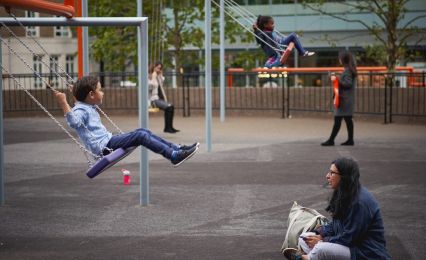
New evidence from CNC shows that members of your generation who grew up in areas with higher levels of air pollution were more likely to report worse health at age 17.

New evidence from CNC shows that members of your generation who grew up in areas with higher levels of air pollution were more likely to report worse health at age 17.
New research based on CNC, and five other national and regional studies, has highlighted the emotional toll of long Covid.
Evidence from CNC is helping researchers to understand the connection between mental ill health and school exclusion and truancy.
Evidence from CNC shows that 11-year-olds who feel unhappy about their bodies are more likely go on to experience depression at age 14.
The next Child of the New Century Survey is about to start – and it’s more important than ever that you join us.
Evidence from CNC has shown that a child’s home environment during their early years has a lasting impact on their cognitive, social and emotional development.
People of your generation who identify as lesbian, gay or bisexual (LGB) were at the greatest risk of experiencing depression, anxiety, loneliness and lower life satisfaction during the COVID-19 pandemic.
Evidence from CNC has shown that eliminating sexual violence, such as sexual assault and harassment, could reduce serious mental health problems among teenagers.
Information from CNC has helped to show that Gen Z was more likely to experience high levels of depression, anxiety and loneliness in the first Covid-19 lockdown, compared to older adults.
Mental health problems like anxiety and depression were more common among younger generations before the COVID-19 outbreak — but the gap between young and old became even wider during the pandemic, according to new findings from CNC and four other cohort studies
We at the UCL Centre for Longitudinal Studies join in the sadness felt among the UCL community at the death of Her Majesty, Queen Elizabeth II.